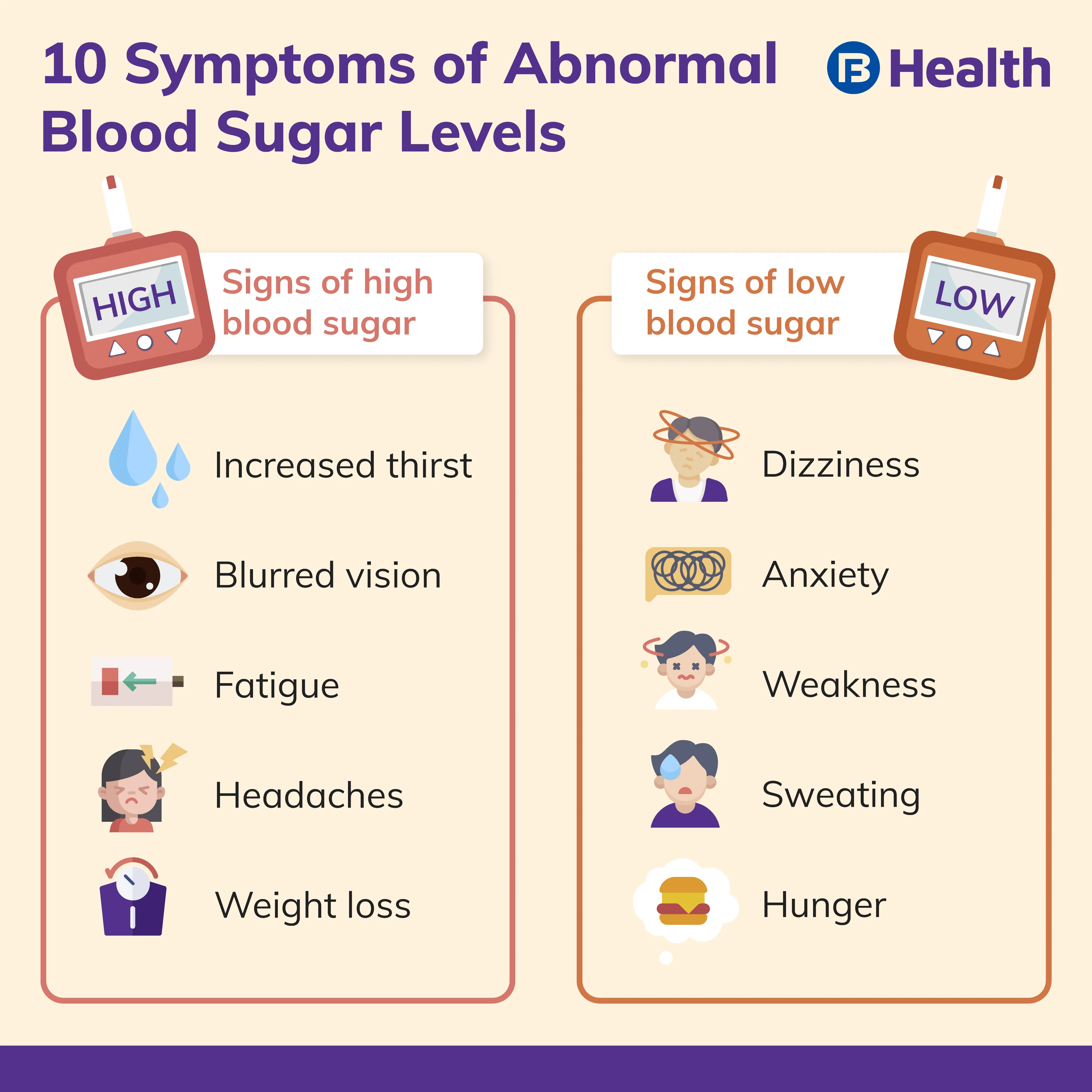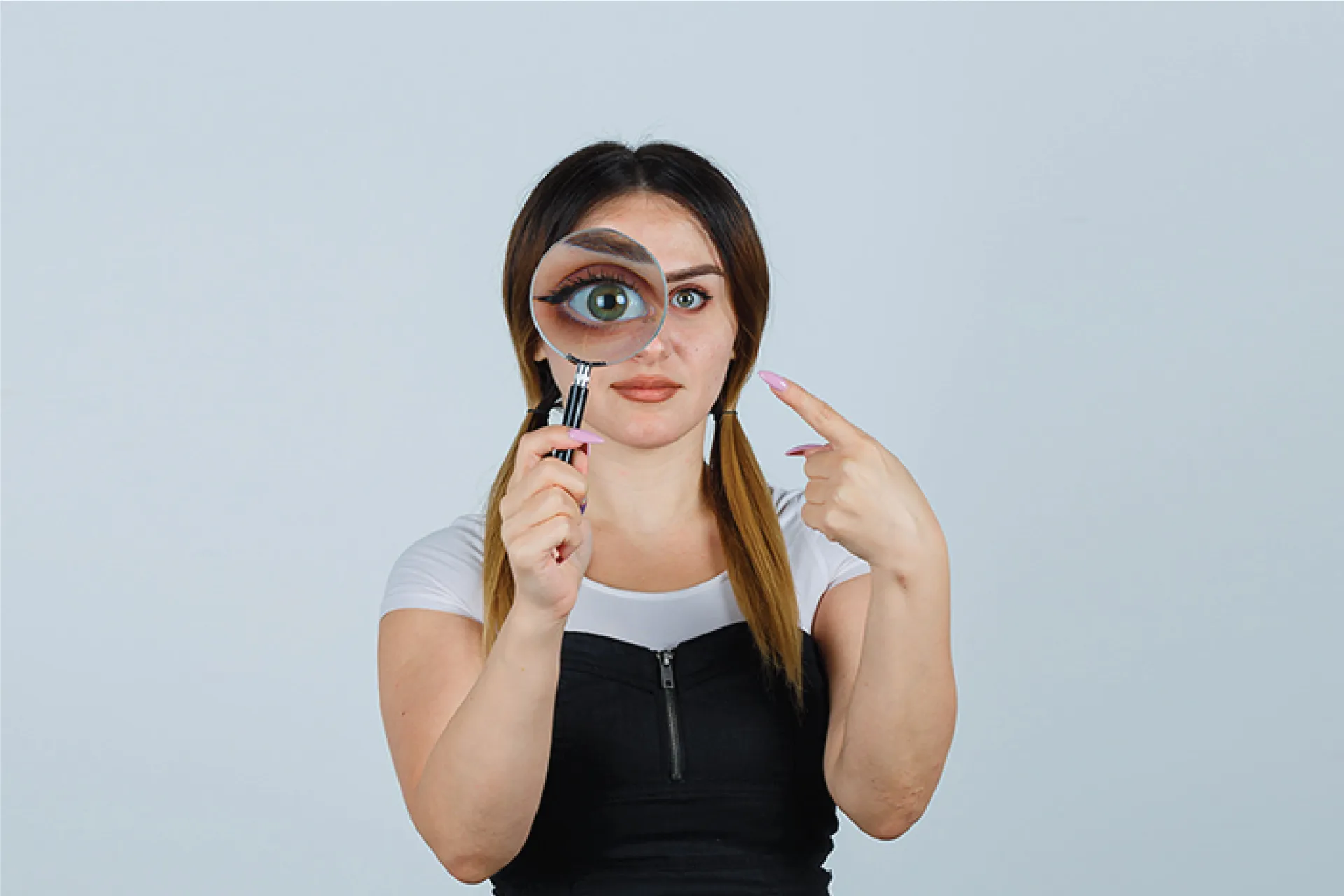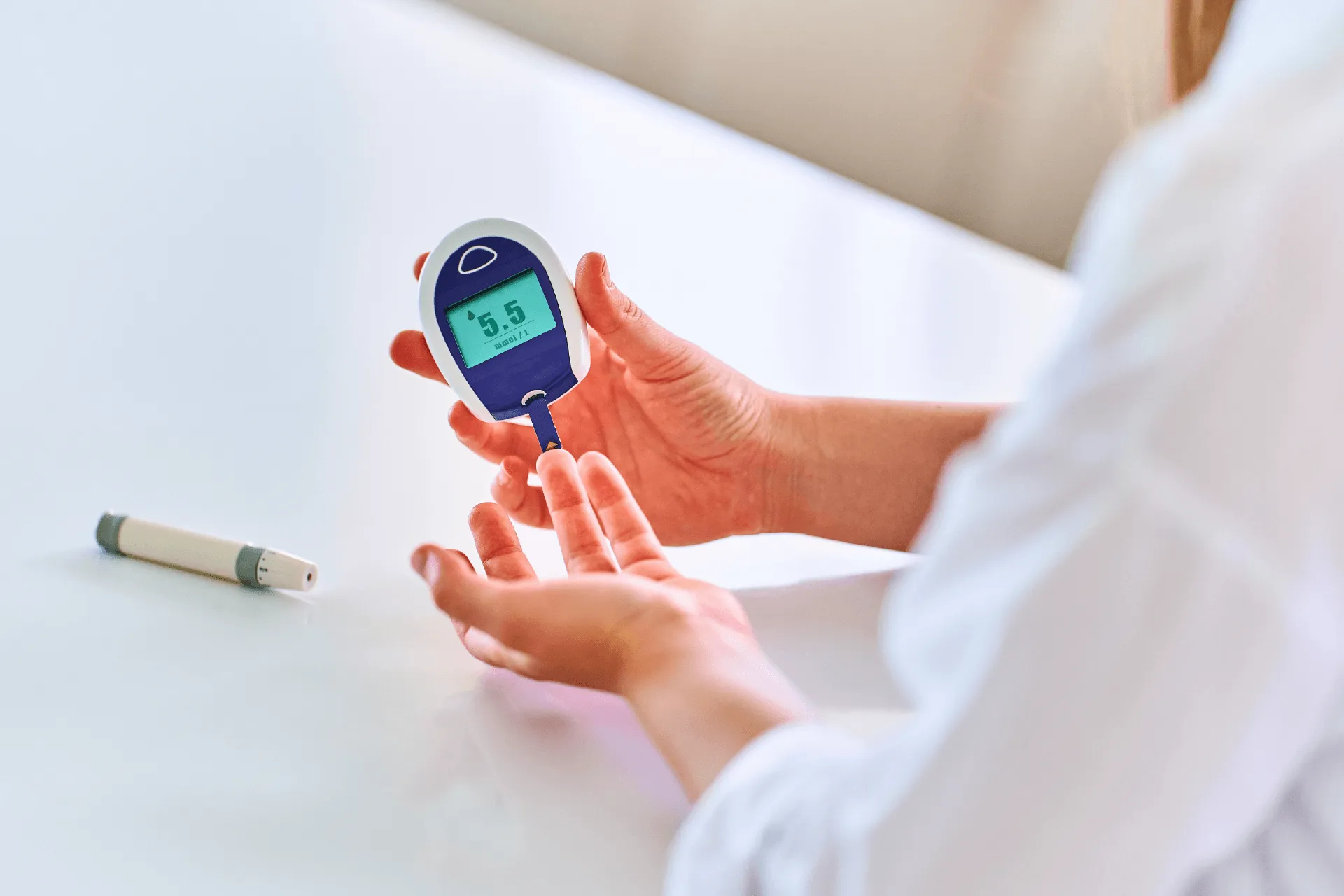Diabetes | 4 min read
Normal Diabetic Blood Sugar Levels and Why Checking Them is Important
Medically reviewed by
Table of Content
Key Takeaways
- High diabetic blood sugar levels can be harmful for health
- Normal range for blood sugar should be within 130 mg/dL
- Age and food timings affect your fasting blood sugar level
According to the World Health Organization, around 422 million people worldwide have diabetes [1]. Uncontrolled diabetic blood sugar levels can lead to complications including damage to the heart, blood vessels, nerves, and kidneys. A normal blood glucose range is critical for the proper functioning of your body. It provides energy and nutrients to the body’s organs, muscles, and nervous system [2].
For people with diabetes, managing a normal range for blood sugar requires lifestyle changes and constant effort. Read on to know the normal blood sugar level for both healthy people and those with diabetes.
Additional read: A Guide to 4 Kinds of Diabetes and Other Types of Blood Sugar TestsNormal Range for Blood Sugar in Healthy Individuals
A normal blood sugar level for a person without diabetes should be between 70 and 130 mg/dL depending on the time of the day and if you have eaten. For instance, after fasting for 8 hours, blood sugar level should be under 100 mg/dL [3]. Your normal sugar level 2 hours after a meal should be 90 to 110 mg/dL.
Normal Blood Sugar Level for Diabetics
The normal range for blood sugar will differ based on your age and the time of the day. Here are the normal glucose levels for people with diabetes in different age-groups.
Normal Blood Glucose Range in Children
| Fasting | 80-180 mg/dL |
| Before meal | 100-180 mg/dL |
| After meal | ~180 mg/dL |
| Bedtime | 110-200 mg/dL |
For children under the age of 6, the fasting blood sugar level should be 80-180 mg/dL. The normal blood sugar level should be between 100 and 180 mg/dL. Whereas, the normal sugar level 1-2 hours after meals should be around 180 mg/dL. The normal blood glucose range during bedtime should be 110-200 mg/dL. The actual amount of blood sugar in children will fluctuate throughout the day. Parents should check the blood sugar levels of kids with diabetes at midnight.
Normal Glucose Levels for Adolescents
| Fasting | 80-180 mg/dL |
| Before meal | 90-180 mg/dL |
| After meal | Up to 140 mg/dL |
| Bedtime | 100-180 mg/dL |
For kids aged between 6 and 12 years, the normal blood sugar level should range between 80 and 180 throughout the day. The diabetic blood sugar levels should be 90-180 mg/dL before a meal and up to 140 mg/dL 1-2 hours after eating. At bedtime, the normal glucose levels can be 100-180 mg/dL. Try limiting snacks for your kids before they go to sleep. This will help keep the child’s sugar levels in control during bedtime.
Normal Sugar Level for Teenagers
| Fasting | 70-150 mg/dL |
| Before meal | 90-130 mg/dL |
| After meal | Up to 140 mg/dL |
| Bedtime | 90-150 mg/dL |
The fasting blood sugar level for teenagers aged 13-19 years has to be 70-150 mg/dL. The normal glucose levels before meal can be within 90 and 130 mg/dL. The same can be up to 140 mg/dL 1-2 hours post a meal. During bedtime, teens should have a normal blood sugar level of 90 to 150 mg/dL. Teenagers should work out, have a balanced diet, or take prescribed medications for normal blood sugar levels.
Normal Diabetic Blood Sugar Levels in Adults
| Fasting | Less than 100 mg/dL |
| Before meal | 70-130 mg/dL |
| After meal | Less than180 mg/dL |
| Bedtime | 100-140 mg/dL |
Adults aged 20 years and above having diabetes should maintain a fasting blood sugar level below 100 mg/dL. The diabetic blood sugar levels should be 70-130 mg/dL while it should be less than 180 mg/dL 1-2 hours after a meal. At night, it should be between 100 and 140 mg/dL. Blood sugar above or below the mentioned levels will be considered as either high or low blood sugar. If you are struggling to manage your glucose levels, your doctor can help you develop a treatment plan to control diabetes better.

Factors Affecting Diabetic Blood Sugar Levels
Many factors affect your normal blood sugar level. Some of these are your age, illness, medications, physical activities, stress, alcohol consumption, and menstrual periods. The type, quantity and time of food consumption also affect your blood sugar levels.
Additional Read: All you Need to Know About Type 1 Diabetes and Diet Control
Making lifestyle and dietary changes along with taking medications is necessary to control diabetic blood sugar levels. Neglecting medical care can result in severe complications. Now you can book an online doctor consultation buy a diabetes health insurance plan on Bajaj Finserv Health without any hassles. Say yes to better health and be proactive about tracking your blood sugar! Get advice from the best endocrinologists and general physicians and work towards maintaining normal glucose levels.
References
- https://www.who.int/health-topics/diabetes#tab=tab_1
- https://www.livescience.com/62673-what-is-blood-sugar.html
- https://www.singlecare.com/blog/normal-blood-glucose-levels/
Disclaimer
Please note that this article is solely meant for informational purposes and Bajaj Finserv Health Limited (“BFHL”) does not shoulder any responsibility of the views/advice/information expressed/given by the writer/reviewer/originator. This article should not be considered as a substitute for any medical advice, diagnosis or treatment. Always consult with your trusted physician/qualified healthcare professional to evaluate your medical condition. The above article has been reviewed by a qualified doctor and BFHL is not responsible for any damages for any information or services provided by any third party.



